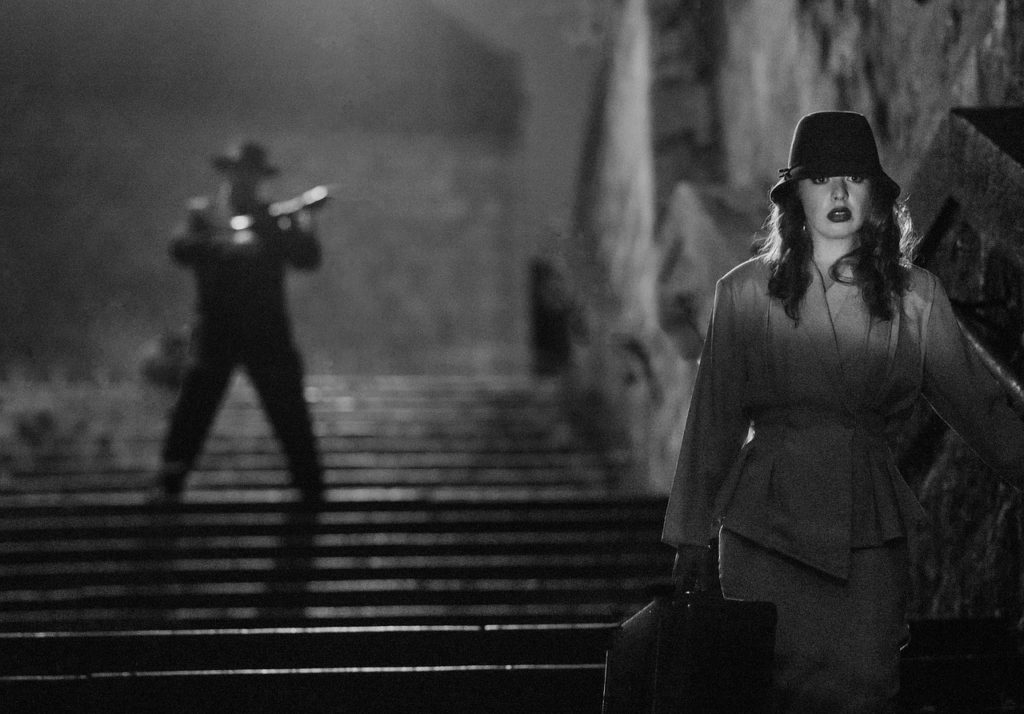Do you love films? Enjoy discussing the artistic and social meaning of classic and the latest movies? Then take a look at what film studies has to offer. You learn to appreciate aspects of classic and modern films, and gain transferable skills through coursework.
Cinematic art has been around for over 100 years. From the very first beginnings of the motion picture, there has been debate about films, their meaning and their social impact. Films make social and political statements either subtly or not-so-subtly in their plot. They also make use of visual and production effects like camera angle, music and scenery to add meaning.
Through analyzing and critiquing films, you learn critical and logical thinking. You also learn to articulate and express your opinion.
You can earn a certificate or degree in film studies. There are also courses for personal enrichment. They are less demanding than a degree or certificate course. However you will gain a greater appreciation of the films that you watch.
How it works
Film studies focus on the various critical, historical and theoretical aspects of this art form. These courses examine how a film fits into different political, historical and cultural contexts. One of the great questions you hear in film studies courses is “does society reflect the film, or does film reflect society”?
Transferable skills you develop in film studies courses include the following:
- Analytical and logical thinking
- Critical analysis and exploration of viewpoints
- Research methods using different media and modes
- Communication techniques and approaches
- Forming and articulating your opinion, or an opposing opinion
- Collaboration, self-direction and self-discipline
- Flexible and independent work habits
Of course you will also learn about the history of film. Most courses cover the film industries humble beginnings of jumpy frames to today’s masterpieces. In addition, you will look at storyline, plot elements and cinematographic art. You will learn to understand how technology and special effects have changed the face of film from those first jumpy frames.
Furthermore, you will and experience different film movements. Examples of these include:
- The Surrealist film movement in the 1920s and 1930s where artists started working with film to challenge thinking.
- Cinéma vérité from the 1960s. This documentary format brings the filmmaker in front of the camera to speak about the film.
- Dogme 95. This filmmaking approach uses purist rules to make low-budget realist films, such as only filming with natural light and without a musical soundtrack.
Studying film opens up a world of new experiences and thought processes for you. There are several types of film studies courses you can take. A few examples are below.
Film Studies – BA (Hons)
This degree programme explores a diverse range of film studies and practices.
Film Studies – Theory History Practice
These courses investigate the aesthetic concerns and intellectual considerations about film and digital media. Critical thinking and analysis are necessary for this course. Learn about the history and theory of film along with the practical aspect of film. Topics include screenwriting and creative material.
Film & Literature Appreciation
These courses look at themes across a wide range of film and books. Discussions about movie clips and excerpts from books are part of the coursework. Critical thinking and analytical practices are encouraged.
Have a look at the Courses.ie database to find the film studies course that’s right for you.












Comments